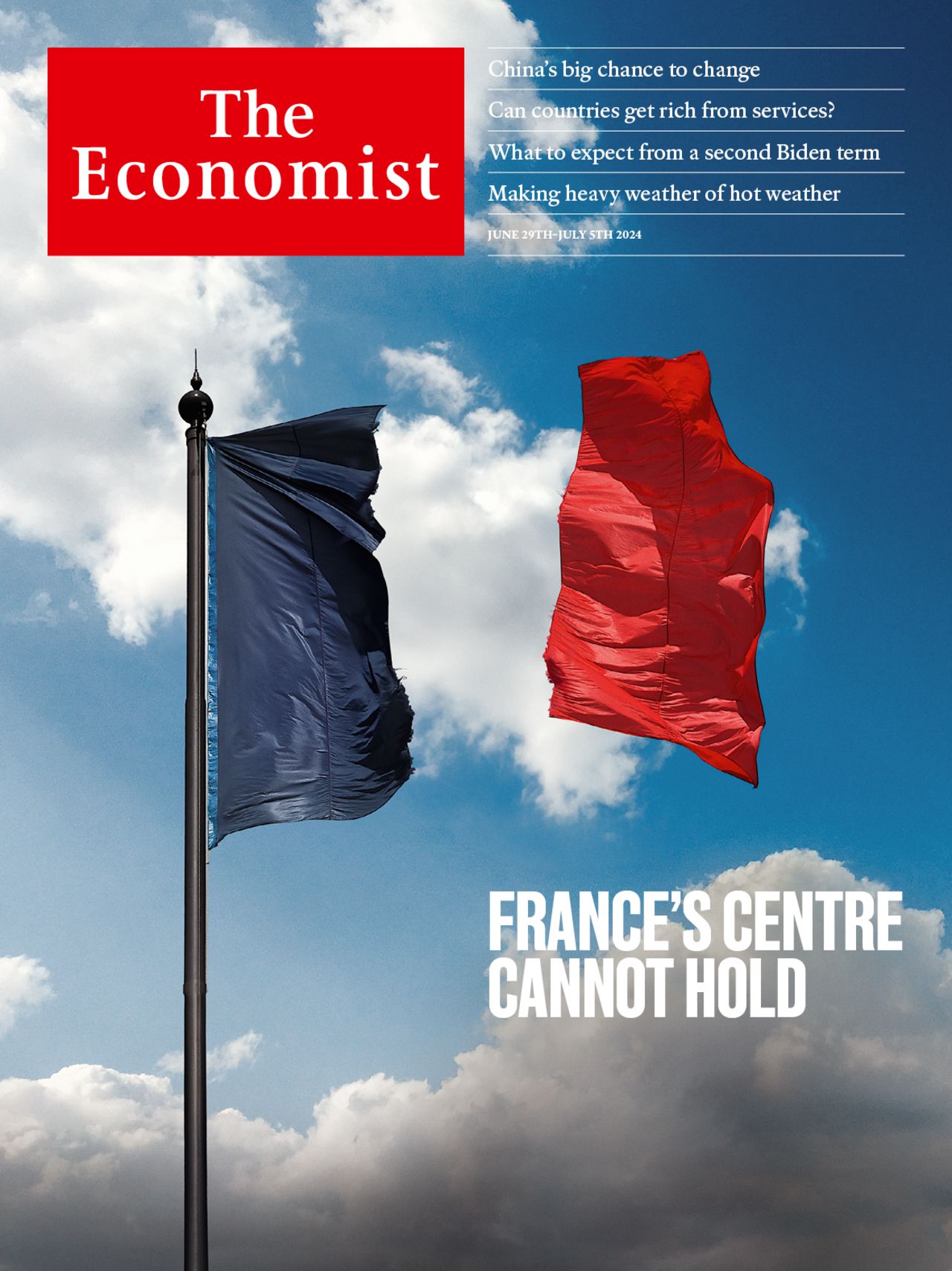What ails Britain’s left-behind places?
Two new books offer different views on the country’s troubled towns

Eight years ago Britain shook. Confounding many opinion polls—and against the advice of every major political party—a majority of people voted to leave the European Union. Political havoc ensued. The Conservative Party quickly lost two prime ministers, rebounded under Boris Johnson, then collapsed again. The party will probably be crushed in the general election on July 4th.
Britain’s political geography had shifted. Some of the most fervent support for Brexit, and then for Mr Johnson’s Conservative Party, was found in areas dubbed “left behind”. Sir Paul Collier, a British economist, picks up this theme to look at the growing gap between successful places and laggard ones, in Britain and elsewhere. His book starts in Sheffield, a once-thriving English city that has been ailing since the 1980s. Sir Paul grew up there but moved away (he is now a professor of economics at Oxford University). He is, therefore, part of a trend that troubles him: the exodus of talented people from poor areas.
Explore more
This article appeared in the Culture section of the print edition under the headline “Here and there”
More from Culture

Tinned fish is swimming against the tide
Once a staple of wartime diets, it is now a social-media phenomenon

The Paris Olympics are breaking’s one shot to become a global sport
But its inclusion was not without controversy

The most memorable part of the Paris Olympics may be uncompetitive
Opening ceremonies remain a core part of the Olympic experience
The Seine may determine athletes’ success at the Paris Olympics
Yet the river plays an even more vital role in the culture and economy of the city
The real theme of J.D. Vance’s and Donald Trump’s memoirs
“Hillbilly Elegy” and “The Art of the Deal” reveal a lot about who the men are—and were
How “The Blair Witch Project” changed horror films
Released 25 years ago, it was a masterclass in doing more with less
